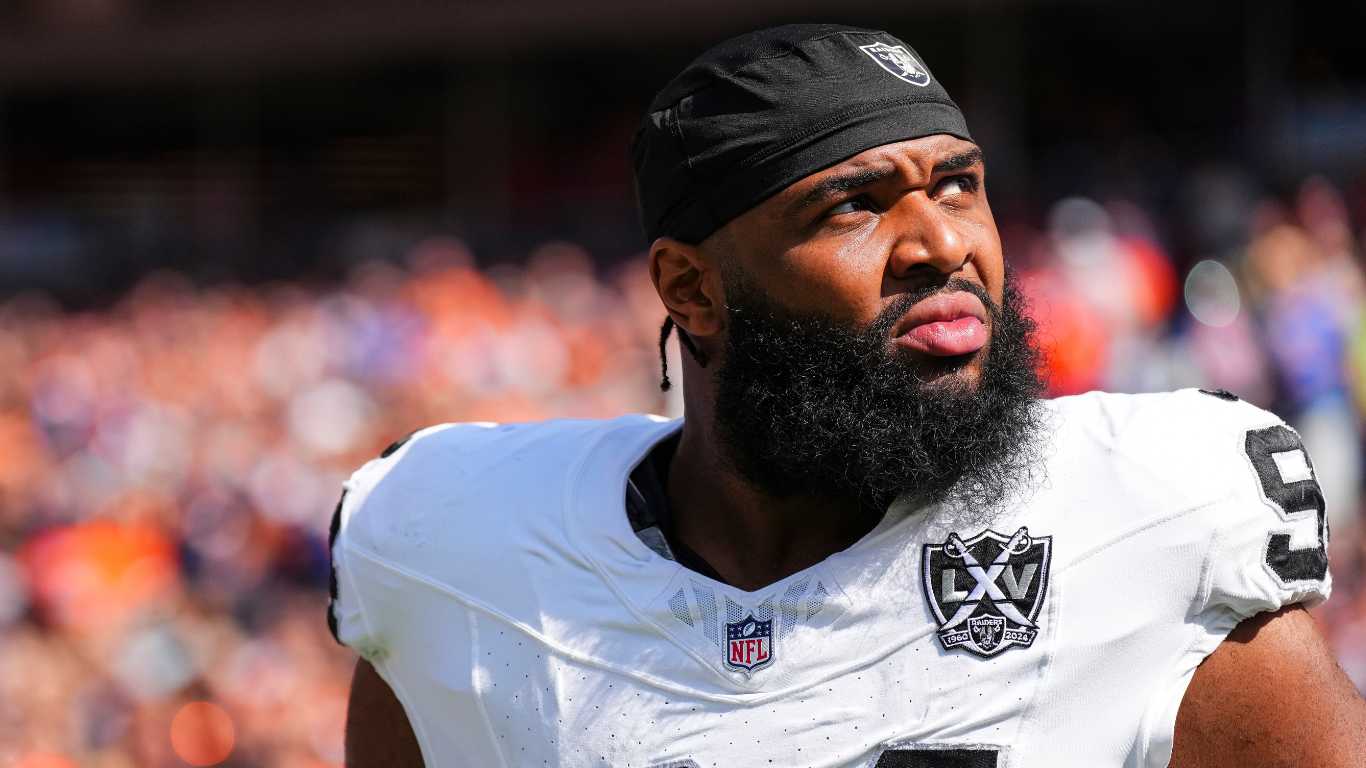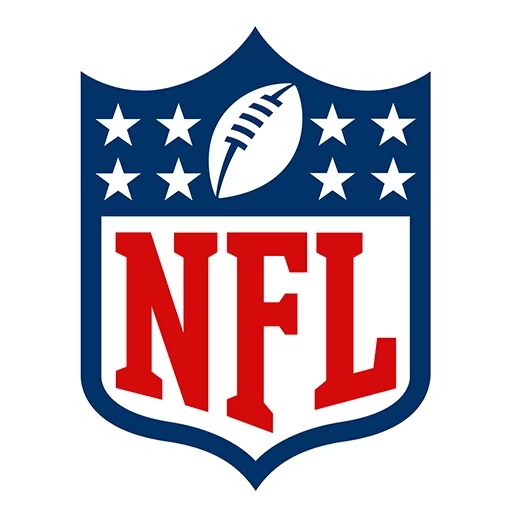
NFL star Christian Wilkins reportedly released by Las Vegas Raiders after kissing teammate
could a simple act of affection between two teammates lead to the release of a talented NFL star like Christian Wilkins? The news of his departure from the Las Vegas Raiders sent shockwaves through the football world, leaving fans and analysts alike questioning the reasons behind such a drastic decision.
Christian Wilkins, a defensive tackle known for his prowess on the field, was regarded as a key player for the Raiders. His physicality, agility, and leadership skills made him a valuable asset to the team. However, his release came as a surprise to many, especially considering the seemingly harmless nature of the incident that led to his departure.
The alleged incident, as reported by a source to ESPN’s Adam Schefter, involved Wilkins kissing another player on the top of his head. While the exact details of the interaction remain unclear, the teammate in question reportedly found the gesture offensive. This revelation raised questions about the culture within the Raiders organization and sparked a larger conversation about the boundaries of physical affection in professional sports.
In a league where camaraderie and teamwork are often celebrated, it is not uncommon for players to show affection towards one another. From high-fives and hugs to chest bumps and playful gestures, these displays of camaraderie are seen as a way to build chemistry and morale within a team. However, the line between friendly affection and inappropriate behavior can sometimes be blurred, leading to misunderstandings and conflicts among players.
The decision to release Wilkins in response to the alleged incident raises important questions about the NFL’s stance on diversity and inclusion. In recent years, the league has made efforts to promote tolerance and acceptance within its ranks, implementing policies and programs aimed at fostering a more inclusive environment for all players. However, incidents like this one highlight the challenges that still exist in creating a truly inclusive and welcoming culture in professional football.
The backlash against the Raiders for their handling of the situation was swift and fierce. Fans took to social media to express their outrage, criticizing the team for what they perceived as an overreaction to a harmless gesture of affection. Many argued that Wilkins’ release was unjustified and disproportionate to the alleged offense, calling for a reevaluation of the team’s decision.
In response to the public outcry, the Raiders issued a statement defending their decision to release Wilkins. In the statement, the team cited a commitment to upholding a culture of respect and professionalism within the organization, emphasizing the importance of maintaining clear boundaries between players in order to prevent misunderstandings and conflicts. While the team did not provide specific details about the incident, they made it clear that they took the matter seriously and believed that Wilkins’ actions warranted his release.
The controversy surrounding Wilkins’ departure from the Raiders has reignited a larger conversation about the role of physical affection in professional sports. While displays of camaraderie and friendship are common among teammates, the incident involving Wilkins has forced players and teams to reexamine the boundaries of acceptable behavior on and off the field. In an industry where masculinity and toughness are often prized above all else, acts of affection between male athletes can be viewed with suspicion and scrutiny, leading to misunderstandings and conflicts.
As the debate rages on, many are calling for a more nuanced approach to understanding and addressing issues of physical affection in sports. While it is important to maintain a culture of professionalism and respect within teams, it is also crucial to recognize the value of camaraderie and friendship in building strong, cohesive teams. Finding the right balance between these competing priorities is essential in creating a supportive and inclusive environment for all players, regardless of their background or identity.
In the wake of Wilkins’ release, the NFL has come under increased scrutiny for its handling of similar incidents in the past. Critics argue that the league’s policies on diversity and inclusion are not always applied consistently, leading to disparities in how players are treated based on their race, gender, or sexual orientation. In order to address these concerns, many are calling for greater transparency and accountability within the league, as well as a reevaluation of its policies on acceptable behavior among players.
Moving forward, it is clear that the NFL must take decisive action to address issues of diversity and inclusion within its ranks. By creating a more supportive and inclusive environment for all players, the league can promote a culture of respect and acceptance that values the contributions of every individual, regardless of their background or identity. In doing so, the NFL can set an example for other professional sports leagues to follow, demonstrating the importance of diversity and inclusion in creating a more equitable and just society.
As the dust settles on the controversy surrounding Christian Wilkins’ release from the Las Vegas Raiders, one thing is clear: the incident has sparked a larger conversation about the boundaries of physical affection in professional sports. While the specifics of the alleged incident remain shrouded in mystery, the broader implications of the situation are impossible to ignore. By addressing these issues head-on and working towards a more inclusive and accepting culture within the NFL, the league can set a positive example for fans, players, and organizations alike. Only time will tell how the NFL chooses to respond to this incident, but one thing is certain: the conversation about diversity and inclusion in sports is far from over.
Source: Thepinknews.com






















 LIVE
LIVE LIVE
LIVE


